What Good are Defence Counsel Experts Anyways?
Defence counsel and their expert witnesses play a crucial role that I didn’t always appreciate. When I first started at the Centre of Forensic Sciences in Toronto over 40 years ago, I thought they were “no good”. They just clogged up the legal system and wasted time and “How dare they question my opinion!”. Fortunately I have come to realise and recognise that defence experts (and lawyers) are invaluable to our adversarial criminal justice system.
Pearls of Professional Growth
They are a bit like the grit in an oyster. The oyster doesn’t like it, but rather than complain and be irritated all the time, you can make a pearl out of it. I feel my “pearls” were the numerous papers I published, the large computerised alcohol database of about 11,000 studies, and my encyclopaedic book “Wigmore on Alcohol“, all produced in part by the prodding of defence experts and lawyers.
The challenges posed by defence counsel push forensic experts to refine their methodologies, strengthen their documentation, and communicate their findings with greater clarity. This adversarial pressure elevates the quality of forensic science itself, benefiting personal injury cases, overserving liability matters, and criminal proceedings alike.
A recent study also found another important role of defence experts in mitigating invalid prosecution expert testimony.
Research Evidence: Mock Trial Study
Researchers Eastwood and Caldwell, presented a mock sexual assault case based on the wrongful conviction of Clavin Lee Scotts to 155 participant “jurors”. All jurors were given the basic outline of the mock case. The victim was sexually assaulted in her home. She could only identify the assailant as being a black male of medium build. The accused’s alibi was that he was alone at home and it was noted that he provided hair samples.
Invalid Forensic Hair Analysis
Ninety-five per cent of the control group that were only given this information found the defendant “not guilty”. The other 4 groups of participant jurors were then also were given the testimony of the prosecution hair expert who examined the hairs found on the victim’s bed and the hairs from the accused and testified that they were “microscopically consistent”. The expert also stated that the probability of the hairs found with the victim belonging to anyone other than the accused was quite small.
One of the juror groups then received no additional forensic information (no education) and the “not guilty” rate dropped to only 50%. When the jurors were given additional forensic information by the judge alone, about the limitations of hair analysis, the “not guilty” rate increased but the increase was statistically not significant. It was only when the jurors were given the testimony of the defence expert or of the defence expert and judge’s instructions was the “not guilty” rate significantly increased and mitigated the effects of the invalid and overstated forensic evidence. (see following Graph)
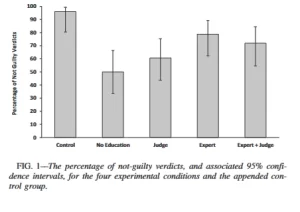
How Defence Counsel Experts Protect Justice
This research demonstrates a critical function that defence counsel experts provide beyond simply challenging prosecution evidence. They serve as essential safeguards against invalid or overstated forensic testimony that might otherwise mislead juries. In personal injury and overserving liability cases, this protective role proves equally vital.
When prosecution experts overstate the certainty of blood alcohol calculations, extrapolate beyond scientifically supportable conclusions about impairment timing, or misrepresent the reliability of THC detection methods, defence counsel experts provide the counterbalance necessary for accurate fact-finding. Without this adversarial testing, flawed forensic evidence goes unchallenged, potentially leading to unjust outcomes.
The Value of Expert Challenge in Civil Cases
At Wigmore on Alcohol, we’ve witnessed how defence counsel experts strengthen civil litigation involving alcohol-related incidents. In overserving liability cases, for example, prosecution experts may present simplified timelines of alcohol absorption and elimination that fail to account for individual variation, food consumption effects, or methodological limitations in blood alcohol testing.
Defence counsel who retain qualified forensic toxicology experts can expose these oversimplifications, ensuring that judges and juries receive complete, scientifically accurate information. This adversarial process doesn’t obstruct justice—it enhances it by demanding rigour and precision from all expert testimony.
The study’s findings apply directly to personal injury litigation where forensic evidence plays a central role. Whether evaluating impairment in motor vehicle accidents, assessing liability in premises cases involving intoxication, or determining causation in injury claims, the presence of competent defence counsel experts elevates the quality of evidence presented to the court.
Conclusion
The authors concluded that:
The judicial instruction were shown to have no impact on verdict decision. These findings suggest that providing opposing expert testimony may be an effective safeguard against invalid forensic testimony in criminal trials.
This conclusion validates what experienced forensic scientists eventually learn: defence counsel experts aren’t obstacles to justice but essential participants in achieving it. Over 700+ cases of testimony experience has reinforced this understanding. The questions posed by defence counsel, the alternative interpretations offered by defence experts, and the rigorous scrutiny applied to prosecution evidence all contribute to more accurate, reliable outcomes.
For personal injury and overserving liability cases requiring forensic toxicology expertise, Wigmore on Alcohol provides the scientifically sound, thoroughly documented expert testimony that withstands adversarial challenge—whether supporting plaintiffs or assisting defence counsel in protecting their clients’ interests.
Act Now: Strengthen Your Defence
Leverage Science to Challenge Prosecution Claims
James’s forensic team continuously reviews and catalogs over 14,000 studies – giving you access to cutting-edge insights that can expose weaknesses in toxicology evidence and testing methods.
Get a Free Forensic Evaluation!Don’t let unreliable evidence shape your future. Contact us today.
Defence Counsel FAQs
Why are defence counsel experts important in the justice system?
Defence counsel experts challenge prosecution evidence, expose weaknesses in forensic methods, and ensure that only scientifically sound testimony influences jury decisions.
How did the author’s view of defence counsel experts change over time?
The author initially viewed them as obstacles but, after 40+ years in forensic science, recognized them as essential contributors who improve accuracy, rigour, and fairness in the justice system.
What role do defence counsel experts play in forensic science?
They push forensic scientists to refine their analyses, strengthen documentation, and communicate findings more clearly—ultimately raising the overall quality of forensic practice.
What did the mock trial study by Eastwood and Caldwell reveal?
The study showed that invalid prosecution testimony significantly influenced jurors, and only defence expert testimony effectively corrected these inaccuracies and restored proper verdict rates.
How did invalid forensic hair analysis affect juror decisions?
It cut the “not guilty” verdict rate from 95% to 50%, demonstrating how overstated or misleading forensic testimony can distort justice.
Why did judicial instructions alone fail to correct juror misunderstanding?
The study found that judicial explanations about forensic limitations did not significantly change verdicts; only defence expert testimony had a meaningful impact.
How do defence counsel experts protect justice in civil cases?
They challenge oversimplified or overstated toxicology evidence—such as alcohol absorption timelines or impairment estimates—ensuring judges and juries receive accurate scientific information.
Why are defence counsel experts crucial in overserving liability and personal injury cases?
These cases often rely on forensic toxicology. Defence experts uncover flaws in blood alcohol assumptions, testing limitations, and interpretation errors that could otherwise lead to unfair outcomes.
How has the author’s career been shaped by challenges from defence counsel?
Defence challenges inspired the author to publish research, build a large alcohol science database, and write an encyclopedic reference book—“Wigmore on Alcohol”—ultimately improving forensic standards.
What is the main conclusion of the research discussed in the article?
Opposing expert testimony—specifically from defence experts—is one of the most effective safeguards against invalid forensic evidence influencing jurors in criminal trials.
Recent News
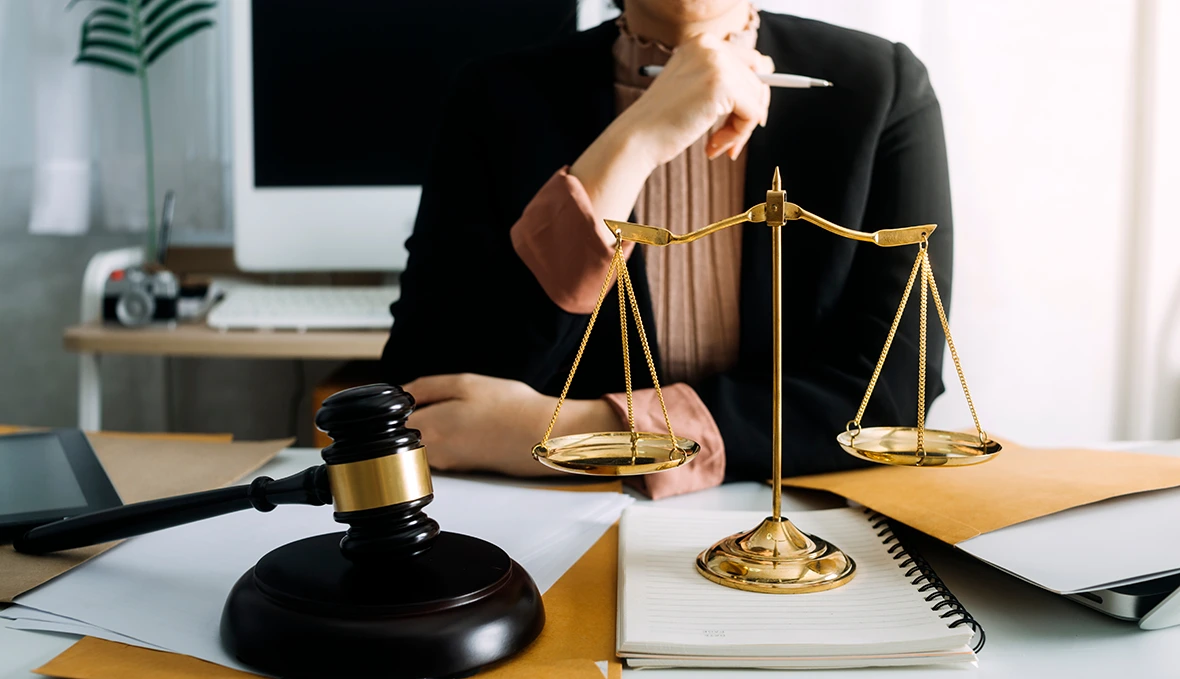
Trials of A Forensic Toxicologist: Cross-Examinati...
Cross-examination represents the ultimate test of expert witness credibility, as the great legalist John Henry...
Read More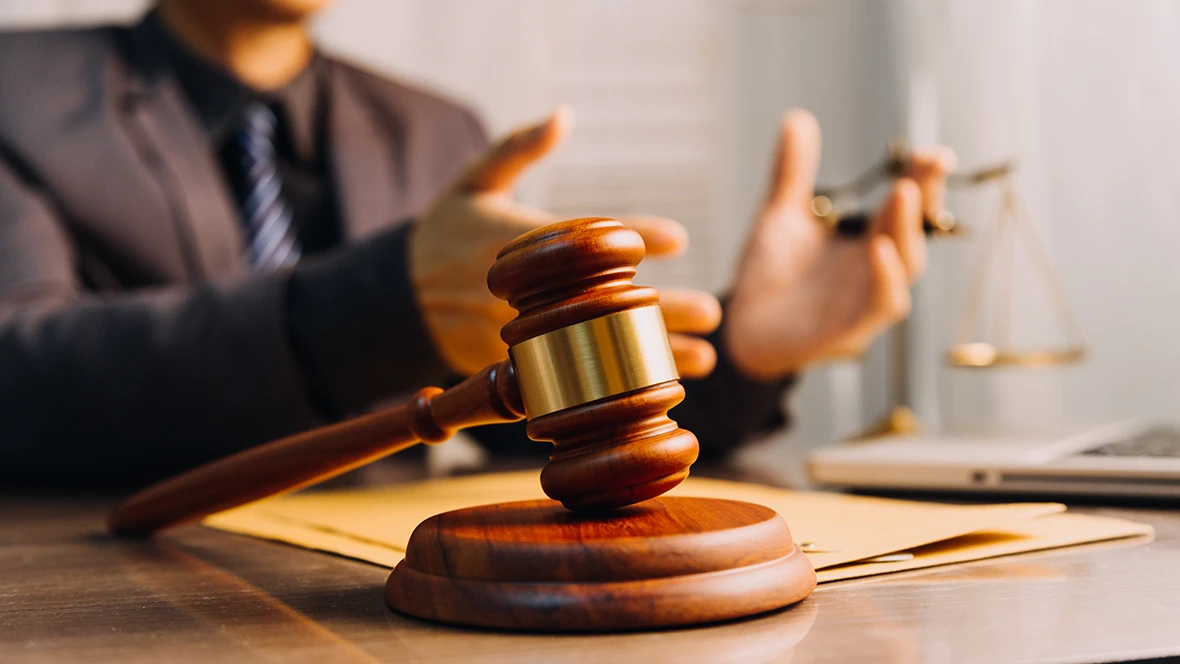
What Kind of Expert Testimony do You Provide in th...
Testimony skills in the courtroom define whether an expert witness succeeds or struggles in legal...
Read More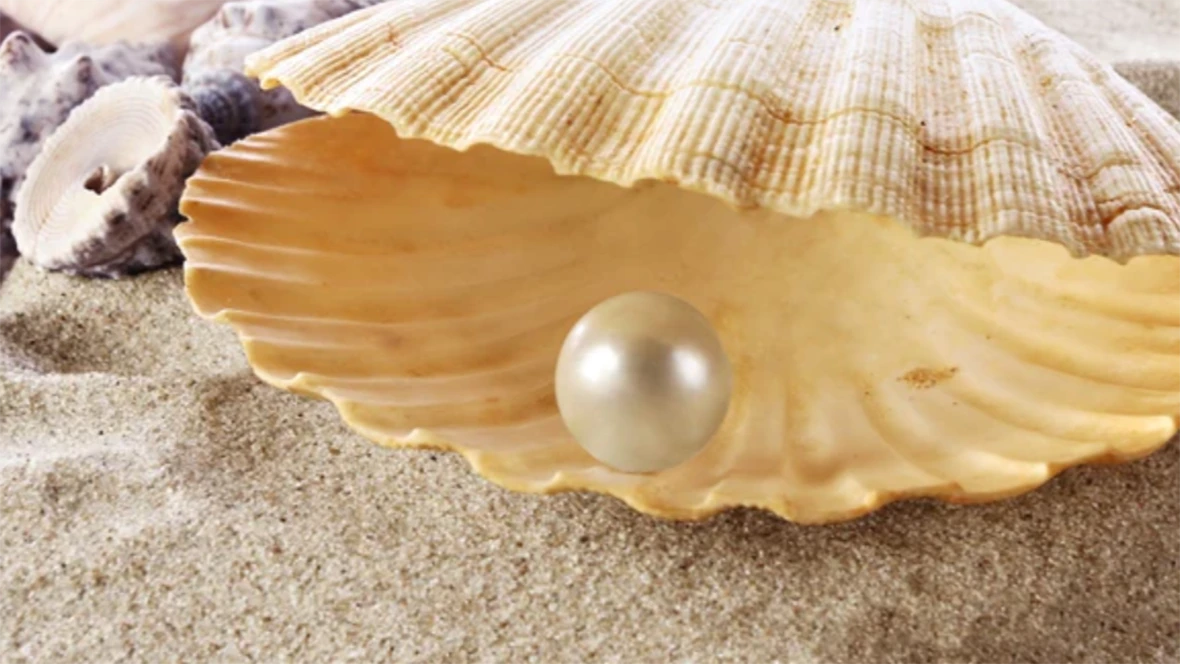
What Good are Defence Counsel Experts Anyways?
Defence counsel and their expert witnesses play a crucial role that I didn’t always appreciate....
Read More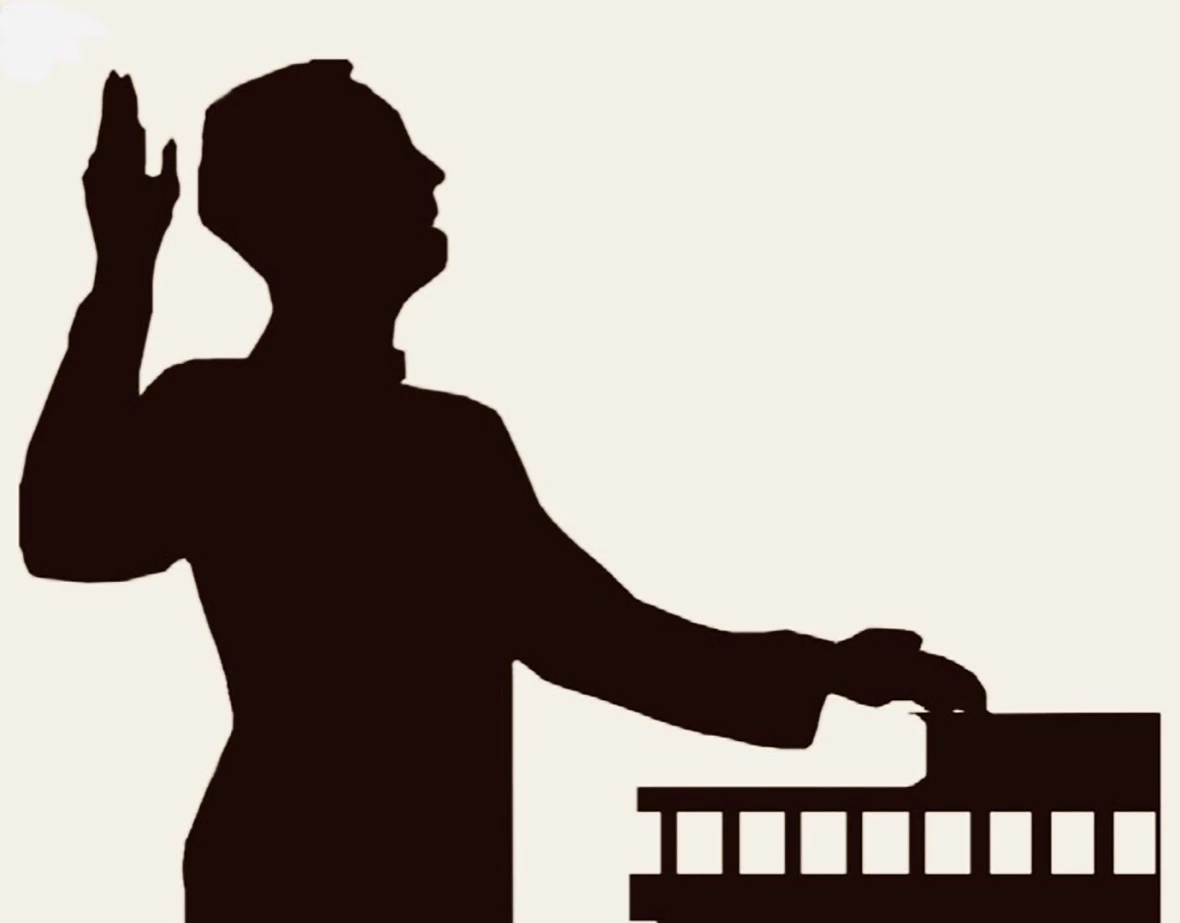
Forensics Expert Witness: Courtroom Testimony Tips...
Forensics expertise and effective courtroom testimony go hand in hand when presenting evidence in personal...
Read More